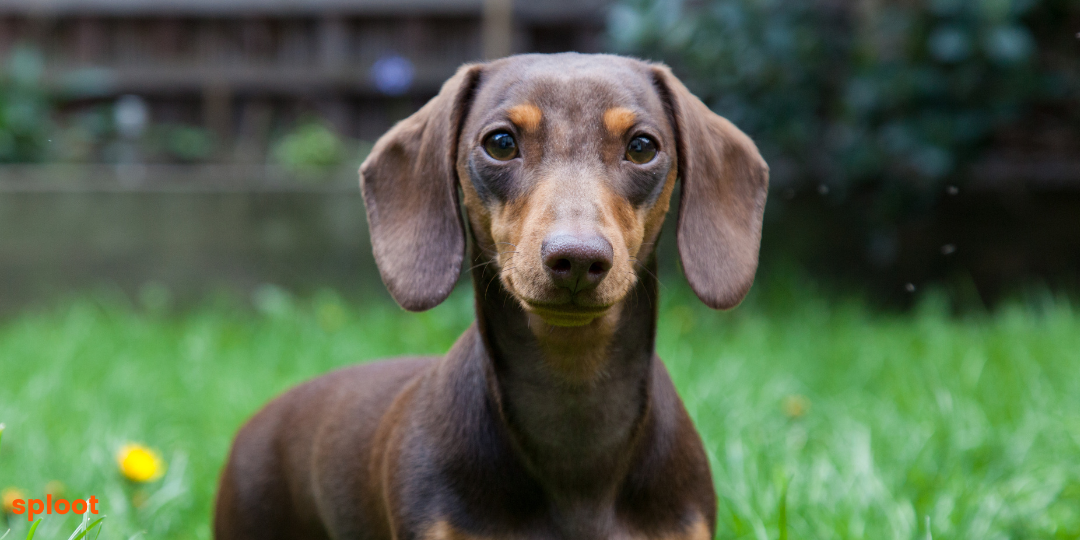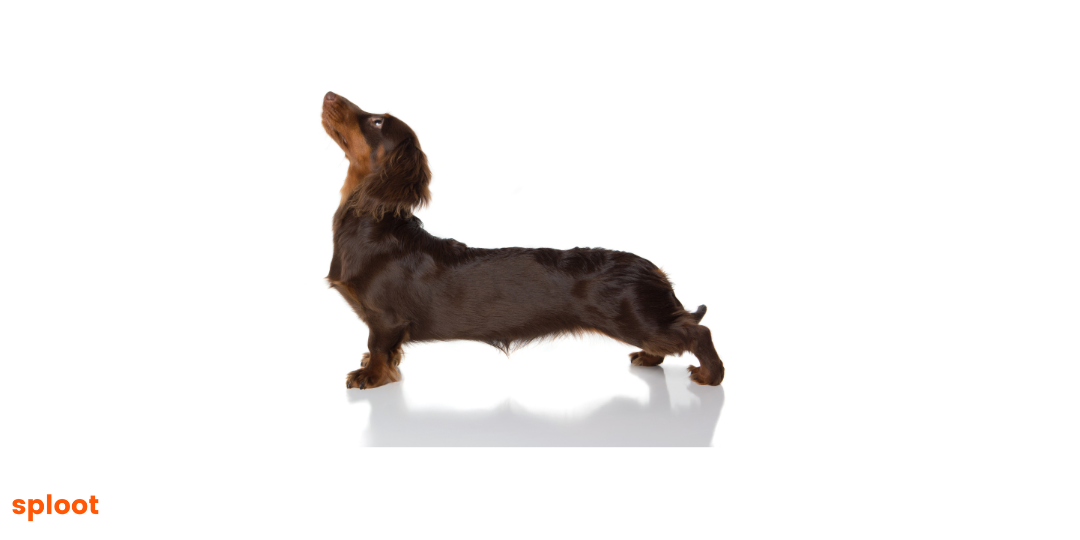Everything a Dashchund dog breed parent must know

When it comes to distinctive dog breeds, the Dachshund stands out with its unique, elongated body and spirited personality. Often affectionately called the sausage dog, wiener dog, or doxie, this breed is beloved worldwide for its adorable appearance and brave character. In this comprehensive guide, we will explore all aspects of the Dachshund breed, from its history and physical characteristics to its temperament and care needs. Whether you’re considering bringing a Dachshund puppy into your home or simply want to learn more about this fascinating breed, this blog has everything you need to know.
History of the Dachshund Dog
The Dachshund, originally bred in Germany over 600 years ago, has a storied history as a fearless hunter. Their name, which translates directly from German as "badger dog" (Dachs - badger; Hund - dog), hints at their original purpose—hunting badgers and other tunneling animals like foxes and rabbits. The breed’s long, low body was specifically designed to dive into burrows to flush out prey.
Physical Characteristics
Size Variations
Dachshunds come in two sizes: the standard and the miniature dachshund. Standard Dachshunds weigh between 16 to 32 pounds, while the Miniature Dachshund weighs under 11 pounds. Despite their size differences, both share the same elongated appearance and vivacity.

Coat Types
Dachshunds exhibit a variety of coat types:
- Smooth Coat: Short and shiny, requiring minimal grooming.
- Long-Haired Dachshund: Features a silky, slightly wavy coat that demands regular brushing to prevent mats.
- Wirehaired Dachshund: Characterized by a thick, rough coat with bushy eyebrows and a beard.
Color Varieties
Dachshund coats come in several colors, including but not limited to black, red, chocolate, gray (blue), fawn (Isabella), and cream. They can be solid, dappled (merle), or brindle.
Temperament and Personality
The Dachshund is as fierce as it is loving. Known for their bold and curious nature, they can be quite tenacious and stubborn, traits that made them excellent hunters. Despite their small size, they possess a bark that can easily fill a room, making them good watchdogs. However, their temperament can vary widely from one dog to another; some are shy, while others are more outgoing.
Dachshunds are known for their loyalty and can be very attached to their owners, often developing a particularly strong bond with a single person. They are intelligent and crave engaging activities, but can also be mischievous, particularly when it comes to digging holes in the yard or finding an unexpected way to get to snacks.

Health and Lifespan
The average lifespan of a Dachshund is between 12 to 16 years. While they are generally healthy, their unique physique predisposes them to certain health issues, primarily spinal problems such as Intervertebral Disc Disease (IVDD), which results from their elongated spine and short rib cage. Obesity can be a significant health risk for Dachshunds as it increases the strain on their spine and joints. Thus, maintaining an ideal weight is crucial.
Care and Maintenance
Exercise
Despite their small size, Dachshunds have a lot of energy and require regular exercise. Daily walks and opportunities to play can help keep them healthy and mentally stimulated. However, care should be taken to avoid activities that may put too much strain on their backs.
Grooming
Grooming requirements vary by the type of Dachshund:
- Smooth-haired Dachshunds require minimal grooming.
- Long-haired and wirehaired Dachshunds need more frequent brushing to avoid tangles and mats.

Training
Training a Dachshund can be a challenge due to their stubborn nature. Early socialization and consistent, positive reinforcement training methods work best. Due to their intelligence, Dachshunds pick up on commands quickly but may choose not to obey them if they're bored or uninterested.
Is a Dachshund Right for You?
If you’re looking for a small dog with a big personality, the Dachshund might be the perfect match. Ideal for families with older children, singles, and seniors, they do well in apartments as long as they receive enough physical and mental exercise. However, potential owners should consider the time and effort needed to train, exercise, and care for this breed properly.
In summary, the Dachshund is a charming and brave companion with a distinctive appearance and a bold personality. Whether it’s the standard or the miniature, the smooth or the long-haired, this breed is sure to bring joy (and a bit of mischief) into the lives of those who choose to welcome it into their homes.

